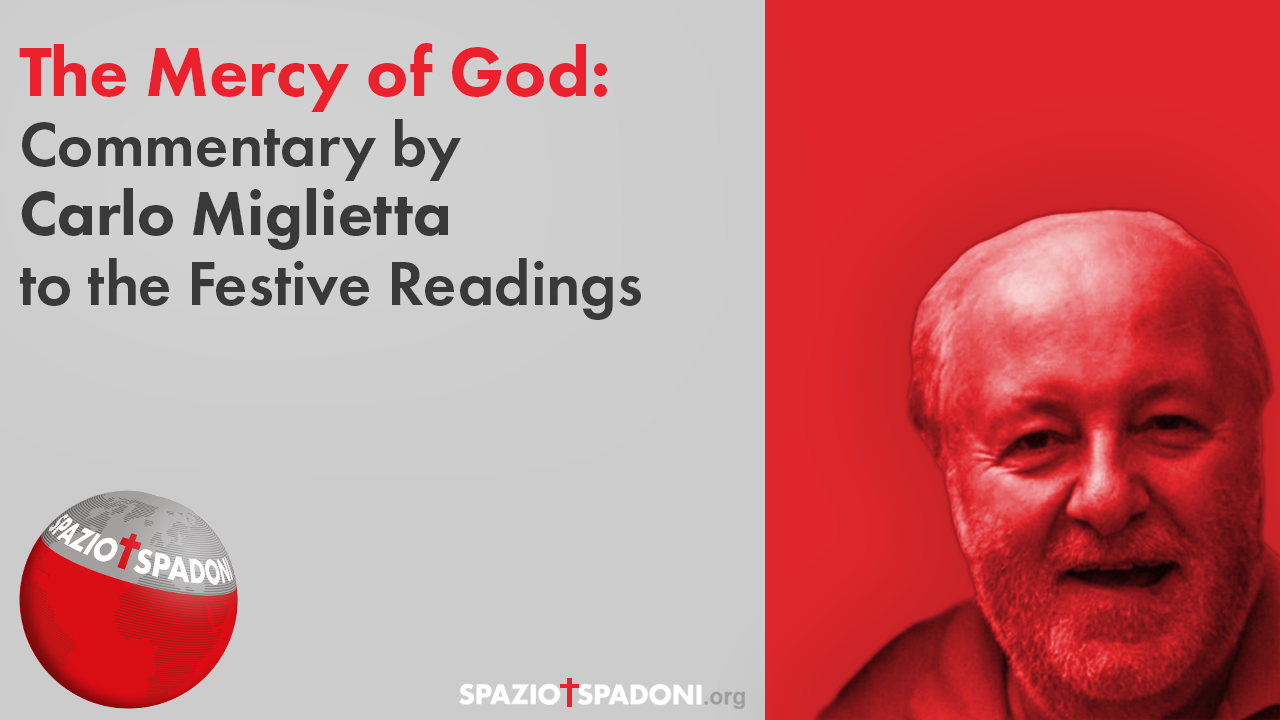
Sunday XXII Year B – The primacy of interiority
Readings: Deut. 4:1-2.6-8; Jas. 1:17-18.21-22.27; Mk. 7:1-8.14-15.21-23
Today’s Gospel text is a multi-layered reworking by Mark around the central problem of v.15, that of pure and unclean foods, which so distressed the early communities (Acts 10:9-43; 11:1-18; 15:29; Rom 14:15, 20; 1 Tim 4:3).
Mark places this passage within the “bread section” (6:30-8:26): the problem raised by the Pharisees is why the disciples eat “bread” (“àrtos,” v.2) with unclean, that is, unwashed hands. Jesus responds by quoting Is 29:13 in a version that differs from both the Masoretic Text and the LXX, and accuses them: to the “entolè,” God’s commandment, mentioned in the First Reading (Deut. 4:1-2,6-8), the Pharisees contrasted the 613 “entolàs,” commands; to the “miswah,” the precept, they contrasted the “miswot,” precepts (Mt. 23).
Jesus enunciates in v.15 a revolutionary principle for the Pharisaic mindset: that of the absolute primacy of inwardness. And in front of the crowd he now lays “the axe at the root” (Mt 3:10), as the Baptist had announced, and makes the only moral discourse present in Mark: a radical morality, which demands that the heart be changed and given totally to God. His warning also applies to the disciples, those who are “in” with him, “in the house” (in Mark symbolic of the Church): they too are deaf and blind, spiritually dumb (vv. 17-18); and Jesus exhorts them to rid themselves of the evil that lurks in the depths of the human heart, citing a list of vices, such as are found in the classical writers, rabbinic texts, and elsewhere in the New Testament (Rom 1:29-31; Gal 5:19-21; Col 3:5-8; 2 Tim 3:2-5. ..): here in Mark Jesus enumerates 12 (vv. 21-22), symbolizing the totality of evil, 6 in the singular to indicate inner attitudes, 6 in the plural to indicate the evil acts that follow from the evil dispositions of the soul.
Mark wants to remind us that an unhardened heart, capable of grasping the Lord, is one pervaded by love, by the Spirit, and not by the law. A religion born obviously “for good,” but then sclerotized, attached to rites and traditions, engulfed in provisions, decrees, customs, tending to self-absolution and self-incarnation, rigidly bound to its past, is incapable of understanding the Lord, of understanding the mystery of the “Bread.”
Jesus strikes at the heart of all our “…isms”: every moralism and formalism, every legalism and juridicalism, every ritualism and dogmatism. Woe to self-justification religion, magic, neurosis! “They will drive you out of the synagogues; indeed, the hour will come when whoever kills you will believe that they are worshiping God. And they will do this, because they have known neither the Father nor me” (Jn. 16:2-3); Jesus’ greatest opponent is a religion that does not open us to the new, that does not let us glimpse God’s passages in the most unthinkable facts: ‘No one pours new wine into old wineskins, otherwise the wine will split the wineskins and wine and wineskins will be lost, but new wine into new wineskins’ (Mk. 2:22).
Only if we live in the absolute primacy of the Spirit over the law, open to the newness of God, inwardly capable of love, tenderness and repentance unto tears, will we be truly free (2 Cor. 3:17), and ours will be “a religion pure and without blemish before God our Father,” as James reminds us in the Second Reading (Jas. 1:27). And this is possible because our salvation does not come from the works we do (Rom 3:20,28; 4:6; 9:12,32; Gal 2:16; Eph 2:9; Tit 3:5), but because God came down from his heavens to become one of us. It is the mystery of love that Moses contemplates in the First Reading, “What great nation has godliness so close to it, as the Lord our God is close to us whenever we call upon him?” (Deut. 4:7).
